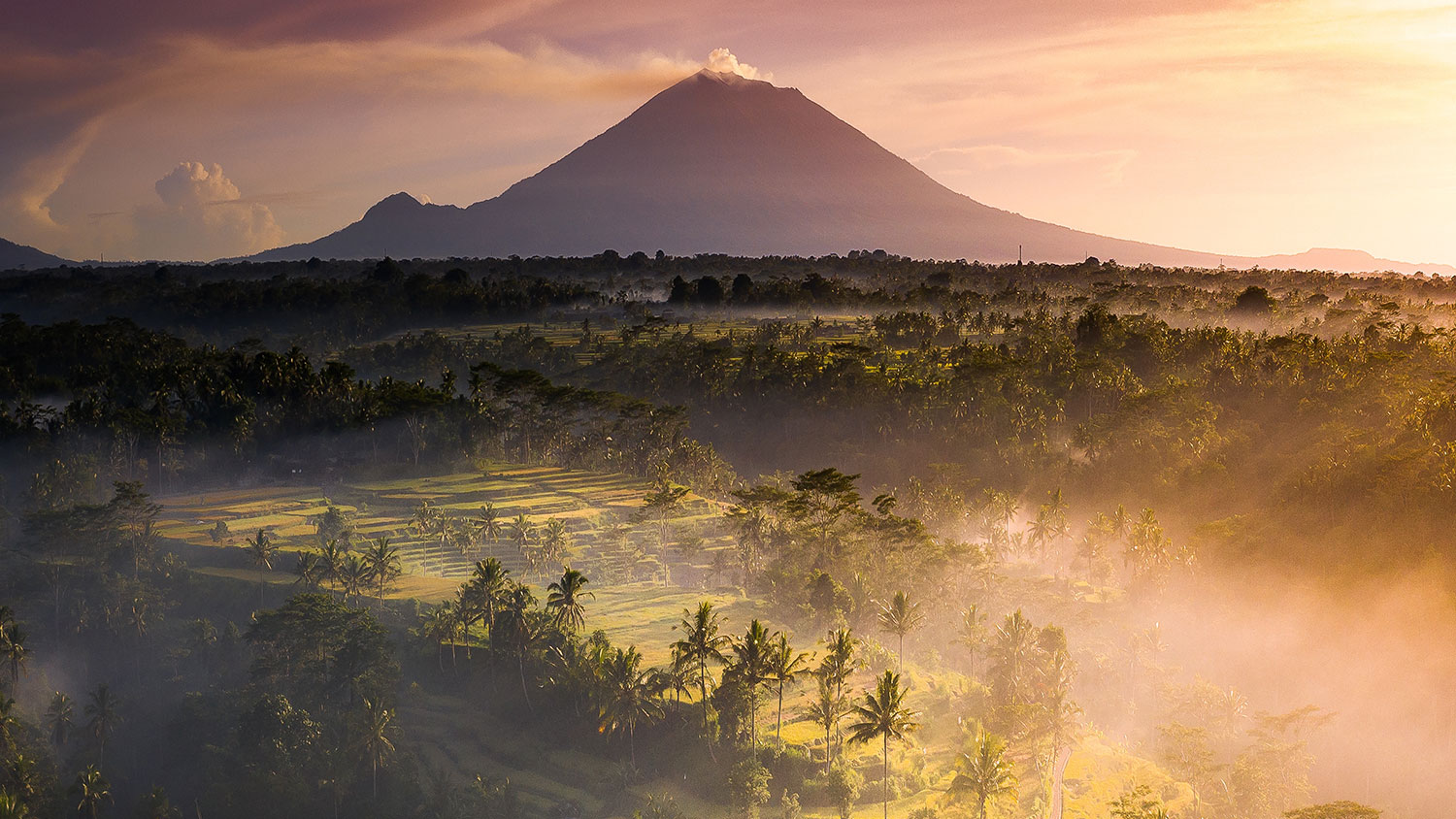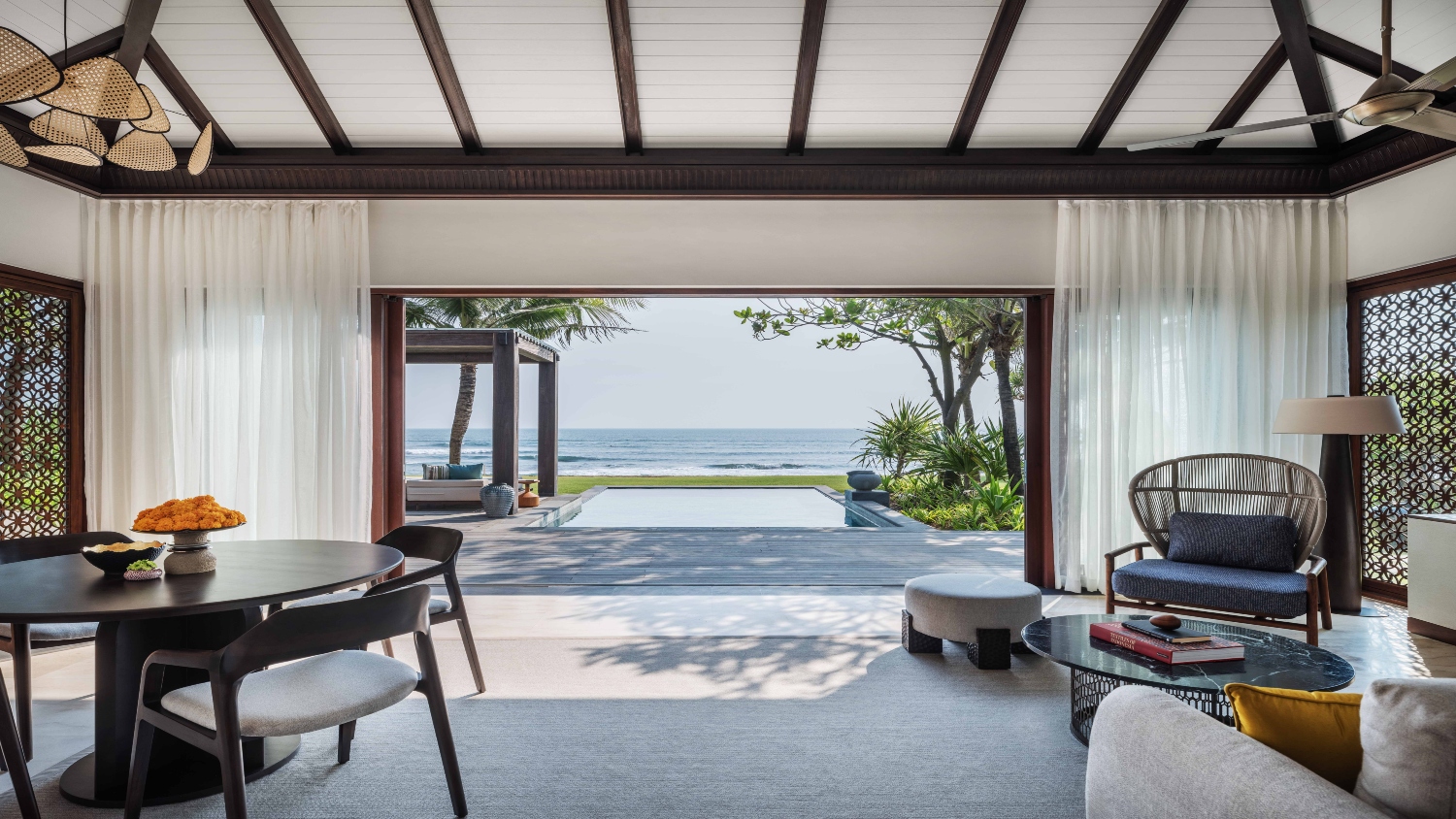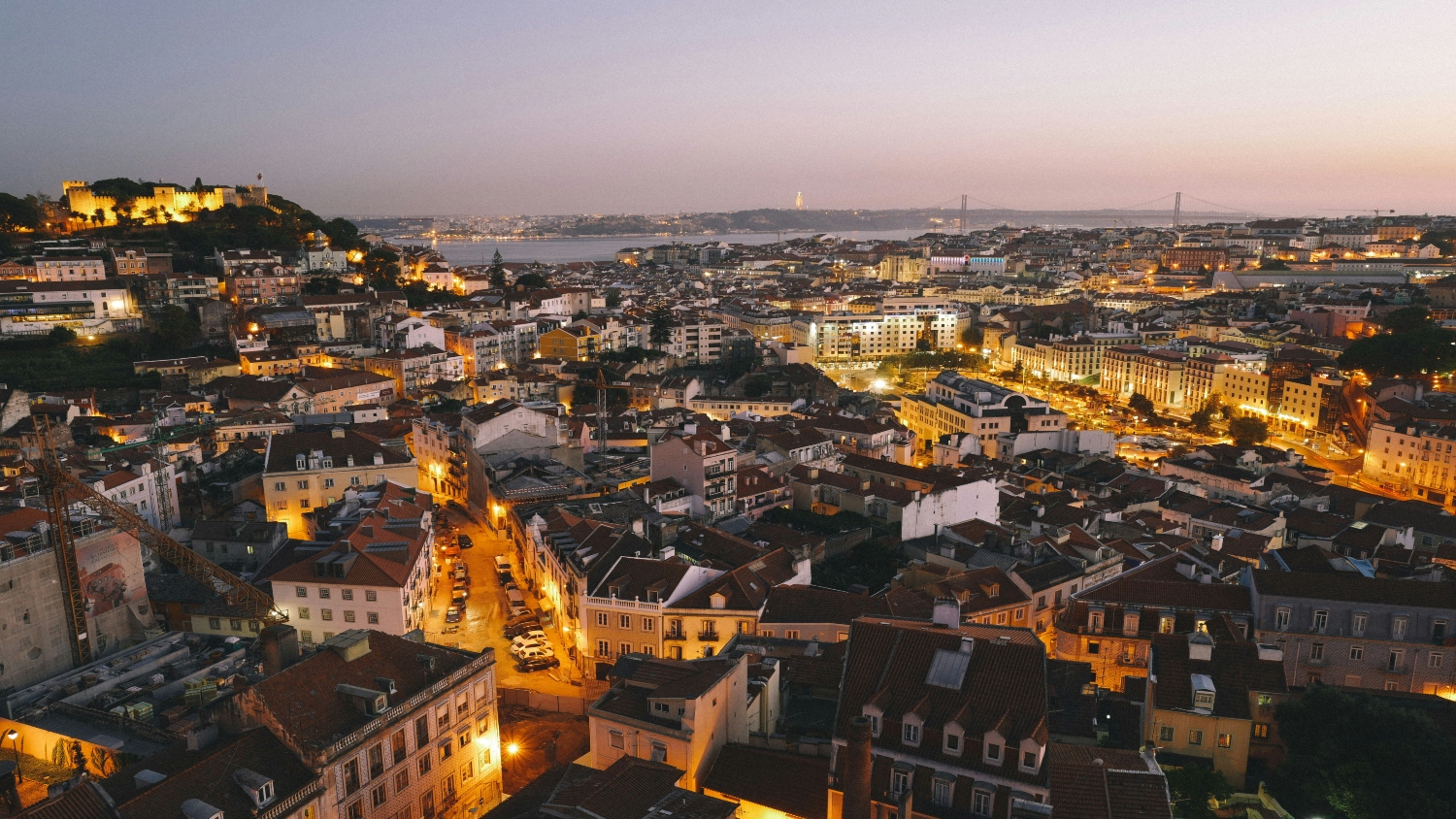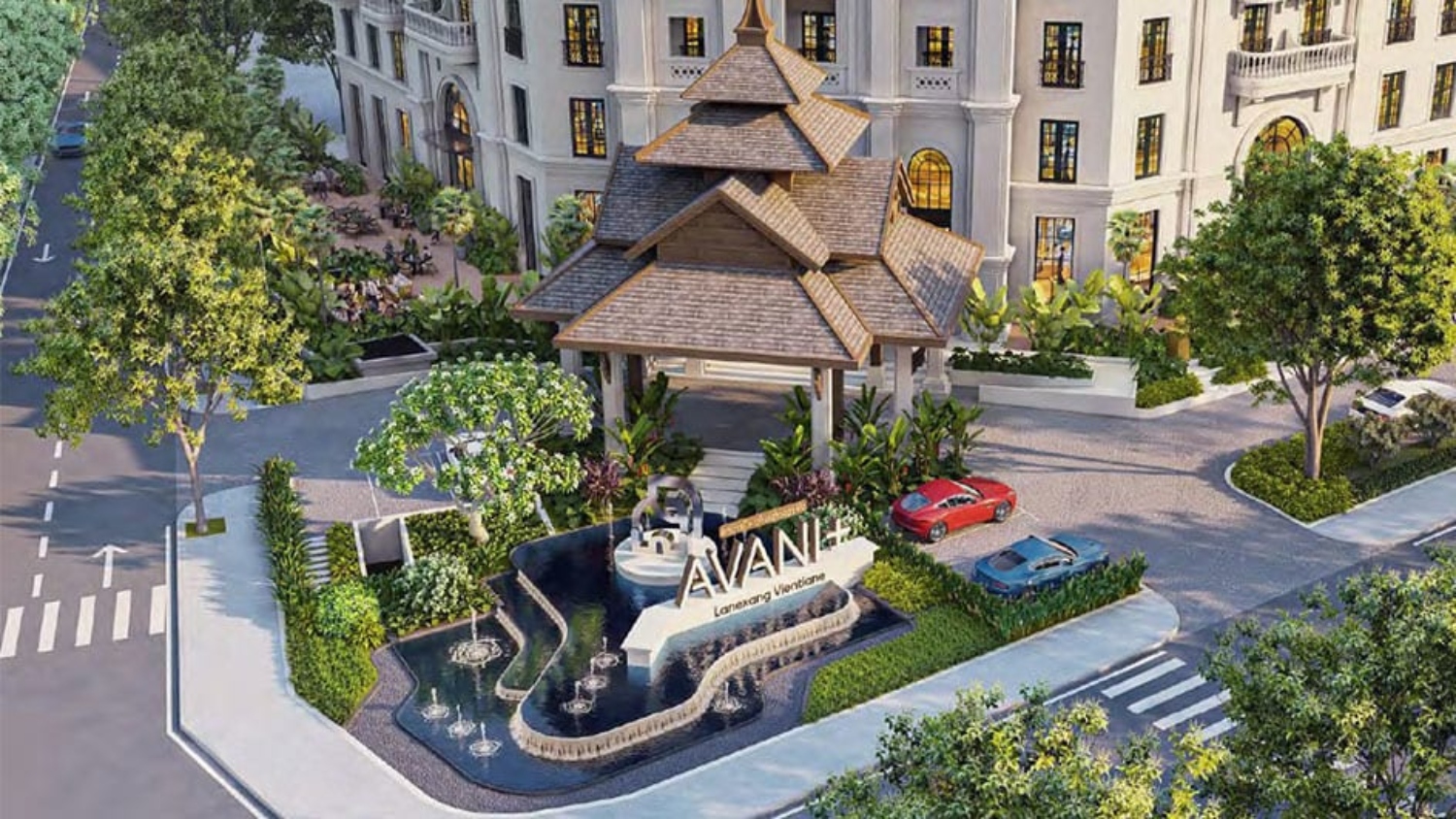As the world moves collectively towards greener pastures, luxury travel is seeing a shift towards more eco-conscious and sustainable practices. Likewise, luxury travellers are trading cookie-cutter experiences to seek authenticity – prioritising ethical considerations beyond opulence to set new benchmarks for responsible travel, with a conscience for environmental stewardship and support for local communities.
With that in mind, here are 10 luxury travel destinations worldwide that allow you to play your part in healing the world, one lavish holiday at a time.
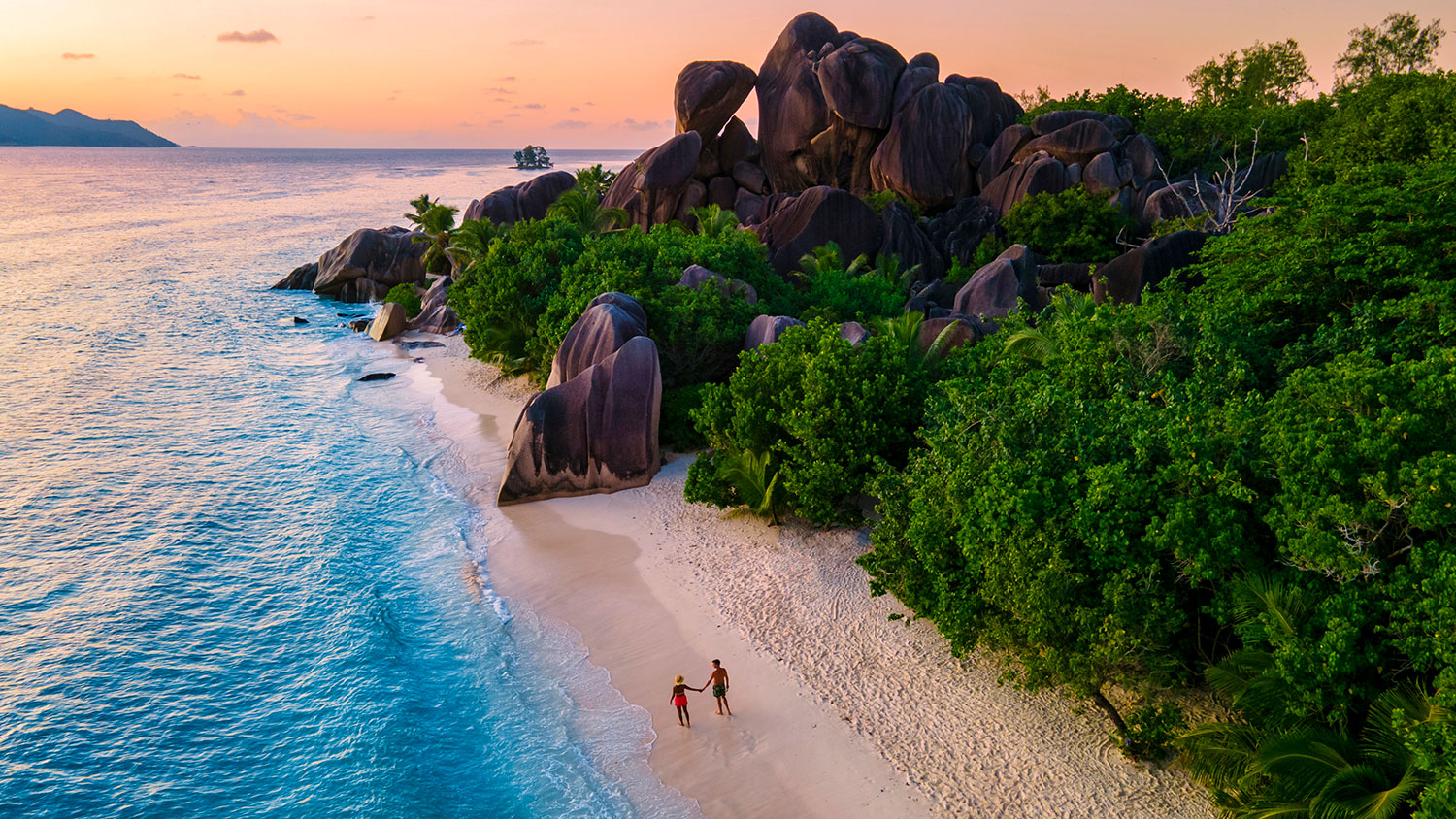
Seychelles
Seychelles, an archipelago of 115 islands off of East Africa, packs a punch with its extraordinary diversity of flora and fauna, lush nature reserves, and pristine waters. In a large conservation effort to protect and preserve its rich environmental heritage, the Seychelles government has ensured that over 74 percent of its luxury accommodations are Sustainable Seychelles Certified.
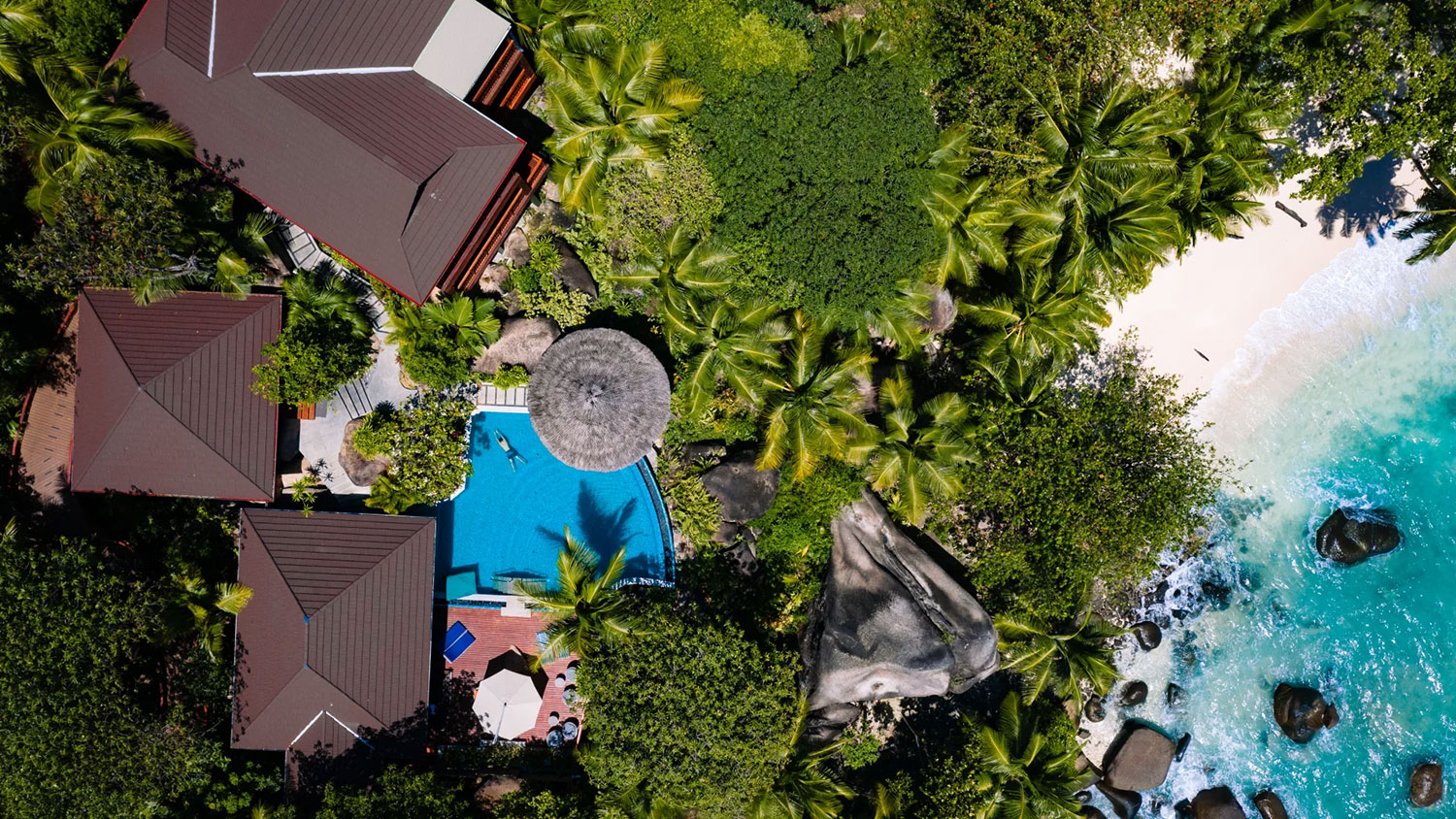
Raffles Seychelles, for instance, replants endemic plant species, constructs new coral nurseries, and sources food from local supplies. On the other hand, Hilton Seychelles Labriz Resort and Spa has an on-site hospitality training program to enable local youth to kickstart their tourism careers; harvests water locally to save the use of plastic bottles; and embraces farm-to-table style dining with over 200 varieties of fruits, vegetables, and herbs grown on-site.
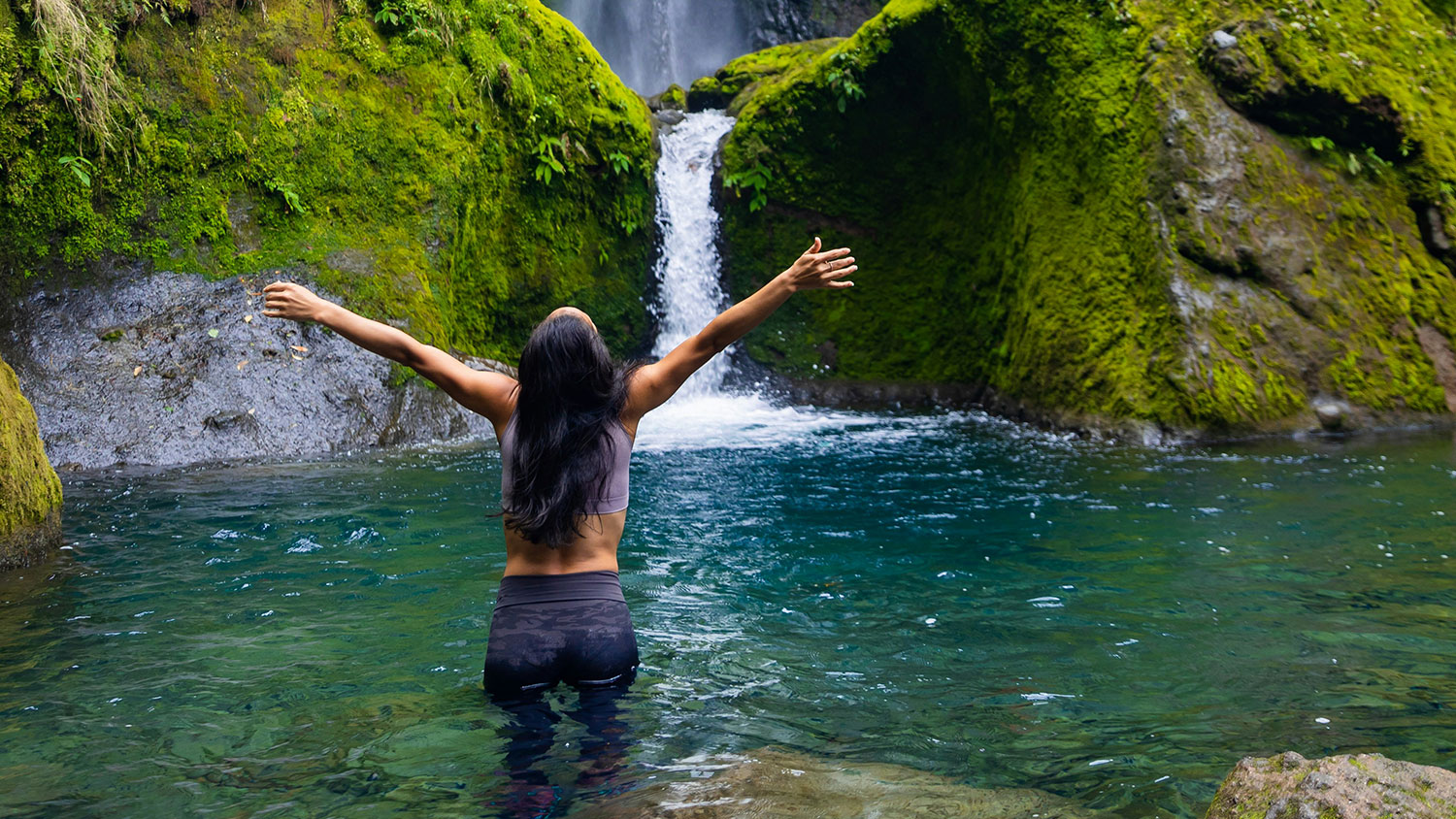
Costa Rica
Known as a global emblem of ecotourism, environmental sustainability is found everywhere in Costa Rica, elevating the pura vida (or pure simple life) lifestyle to a whole new level. It is no wonder that its diverse landscapes of rainforests, beaches, and volcanoes, as well as abundance of wildlife and action-packed adventurous activities are revered as some of the world’s best.
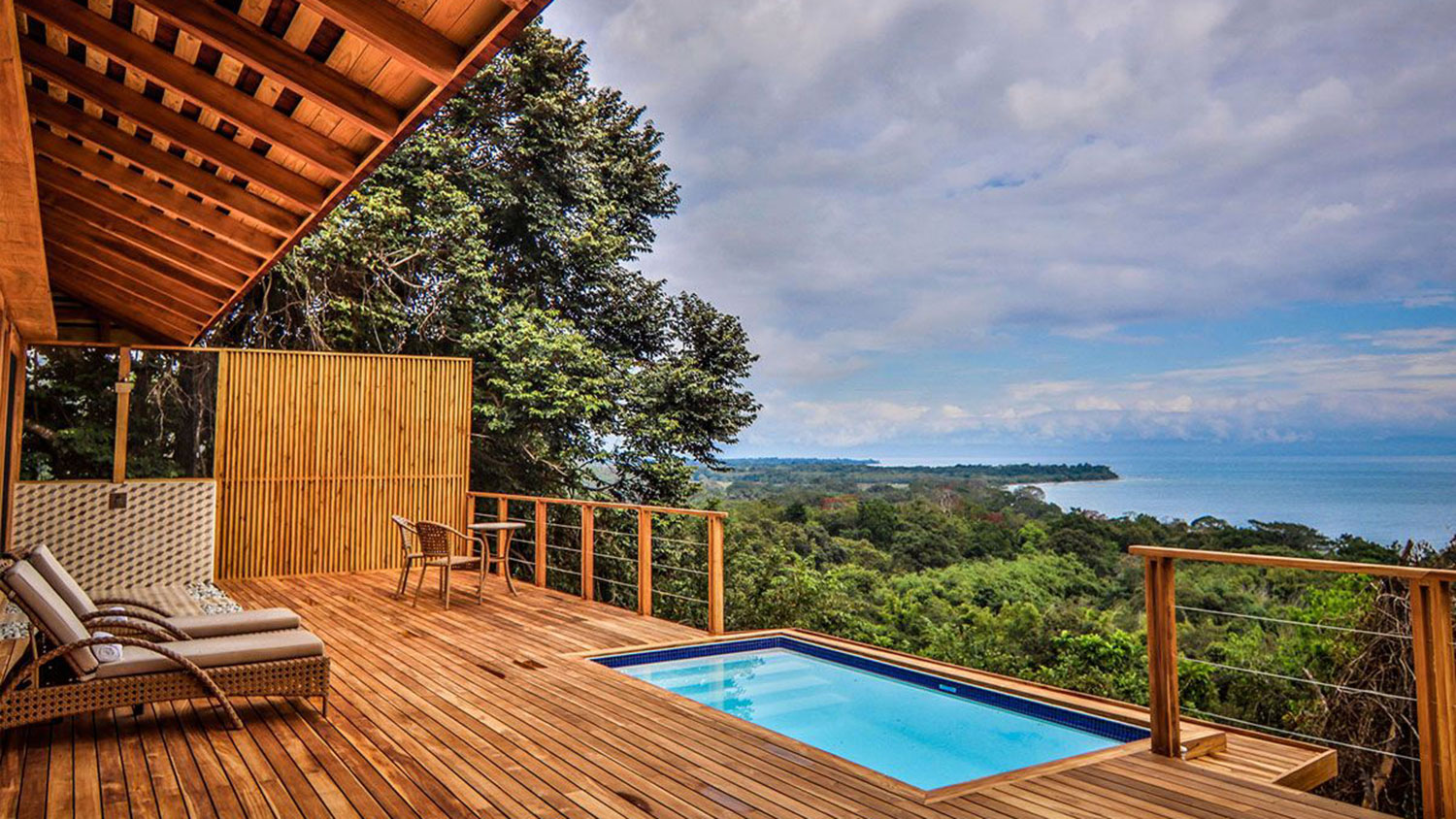
It goes without saying that Costa Rica is home to numerous luxury eco-lodges and hotels. Amongst them include the award-winning Lapas Rios Ecolodge whereby nature conservation and community development is ingrained across every part of its operations, and Hacienda AltaGarcia, a new generation wellness destination with a 20-acre farm supplying produce to all of its restaurants and on-site aquifer to produce clean drinking water for guests.
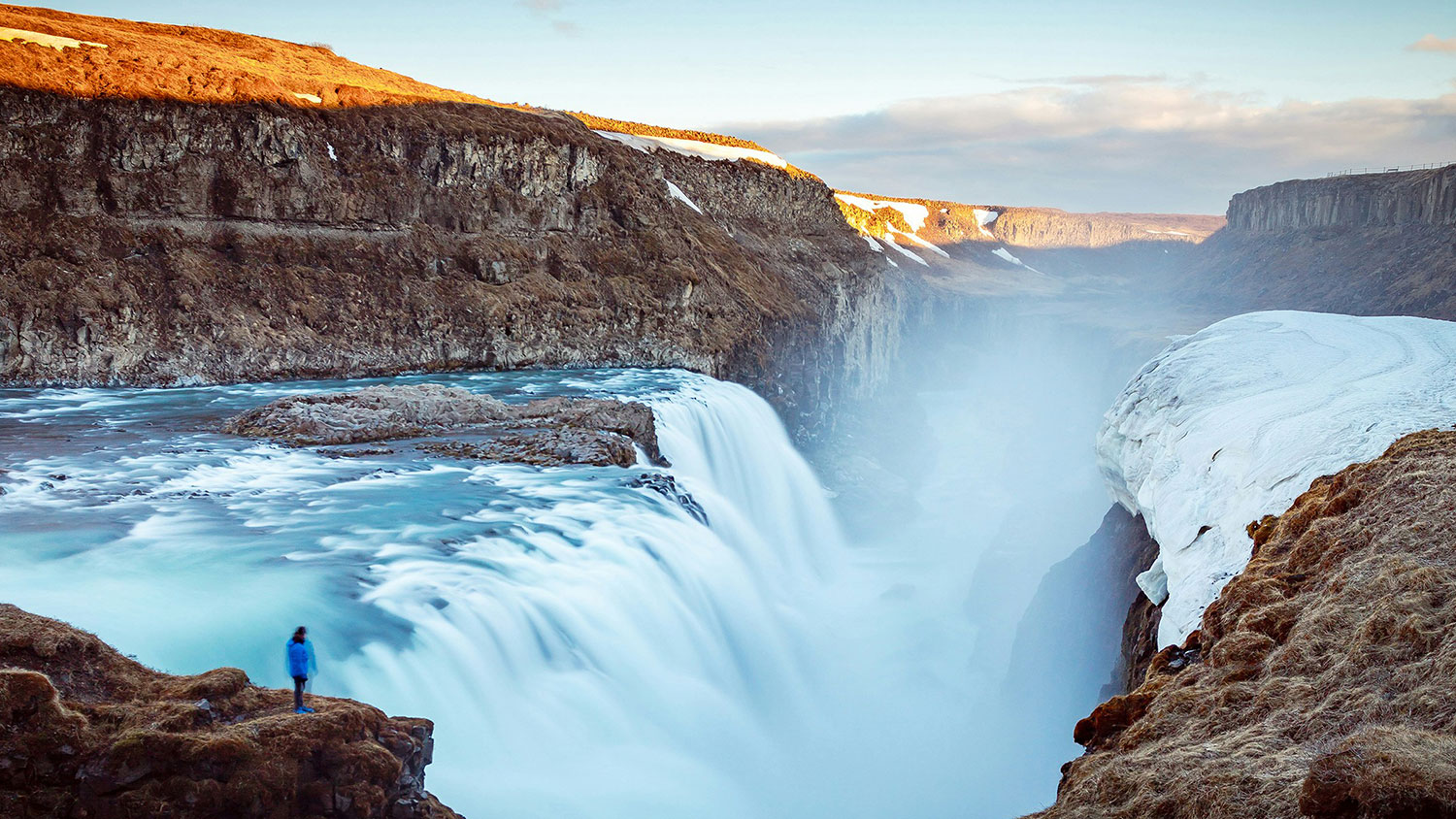
Iceland
The Land of Fire and Ice is home to its magical and mysterious natural wonders comprising volcanoes, glaciers, waterfalls, hot springs, lava fields, and rugged coastlines, aside from the supernatural aurelia borealis or northern lights. An incredibly green country, Iceland is championing the reduction of greenhouse gas emissions and use of renewable energy, as well as carbon capture and storage.

One resort making such efforts is the Torfhús Retreat which runs on 100 percent renewable electric energy from a hydroelectric power plant, aside from planting birch trees to offset the emission of greenhouse gases and restoring wetlands across areas nearby. The Retreat at the Blue Lagoon is yet another high-end property that runs entirely on geothermal energy as the sole source of its electricity, heating, and hot water.
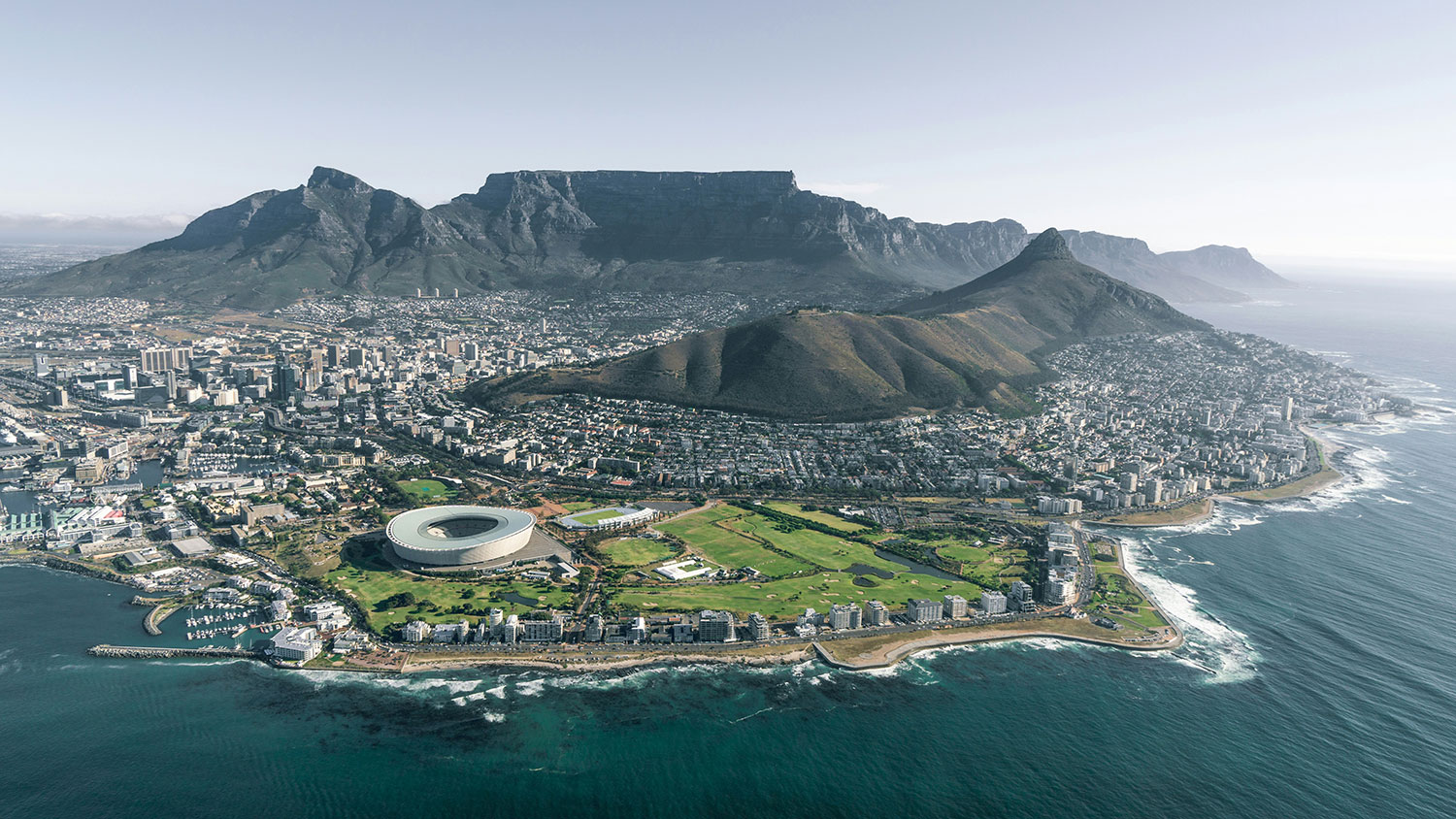
South Africa
No stranger to ecotourism, South Africa has some of the most breathtaking sceneries on earth and is most commonly known for its incredible wildlife within their undisturbed habitats. Although various regions across the country have their own unique appeal, one commonality still stands – luxury and unforgettable wildlife adventures do not have to come at the expense of sustainability.
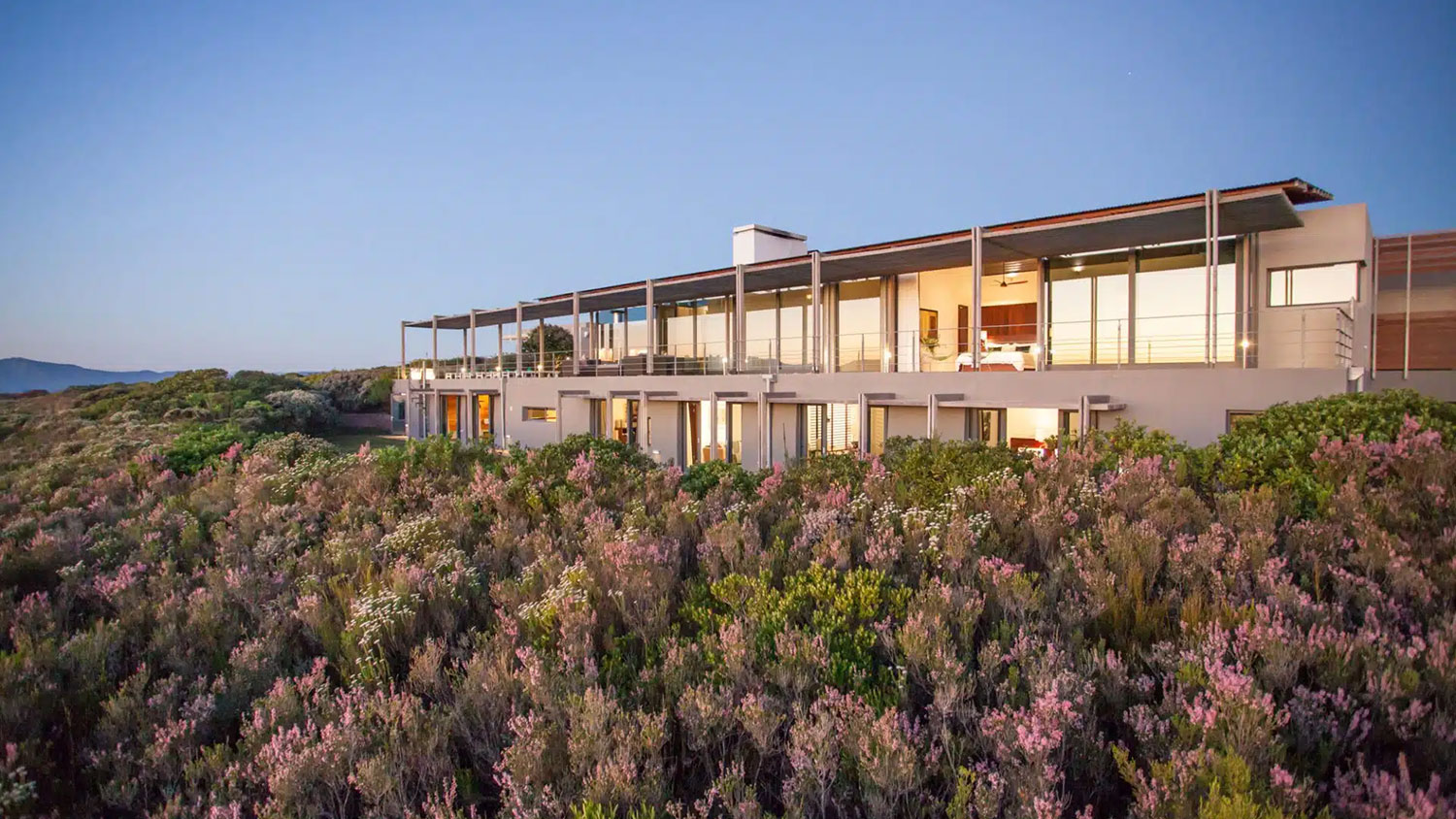
Certified as carbon-negative, the Grootbos Private Nature Reserve is a world leader in sustainable tourism and prides itself on its reforestation, renewable electricity generation, and community support projects. The Bushmans Kloof Wilderness Reserve on another hand, has strict protocols in place for reducing water waste, utilising only biodegradable detergents, and repurposing organic waste for mulch and compost on site, while growing endemic herbs and vegetables to reduce its carbon footprint.
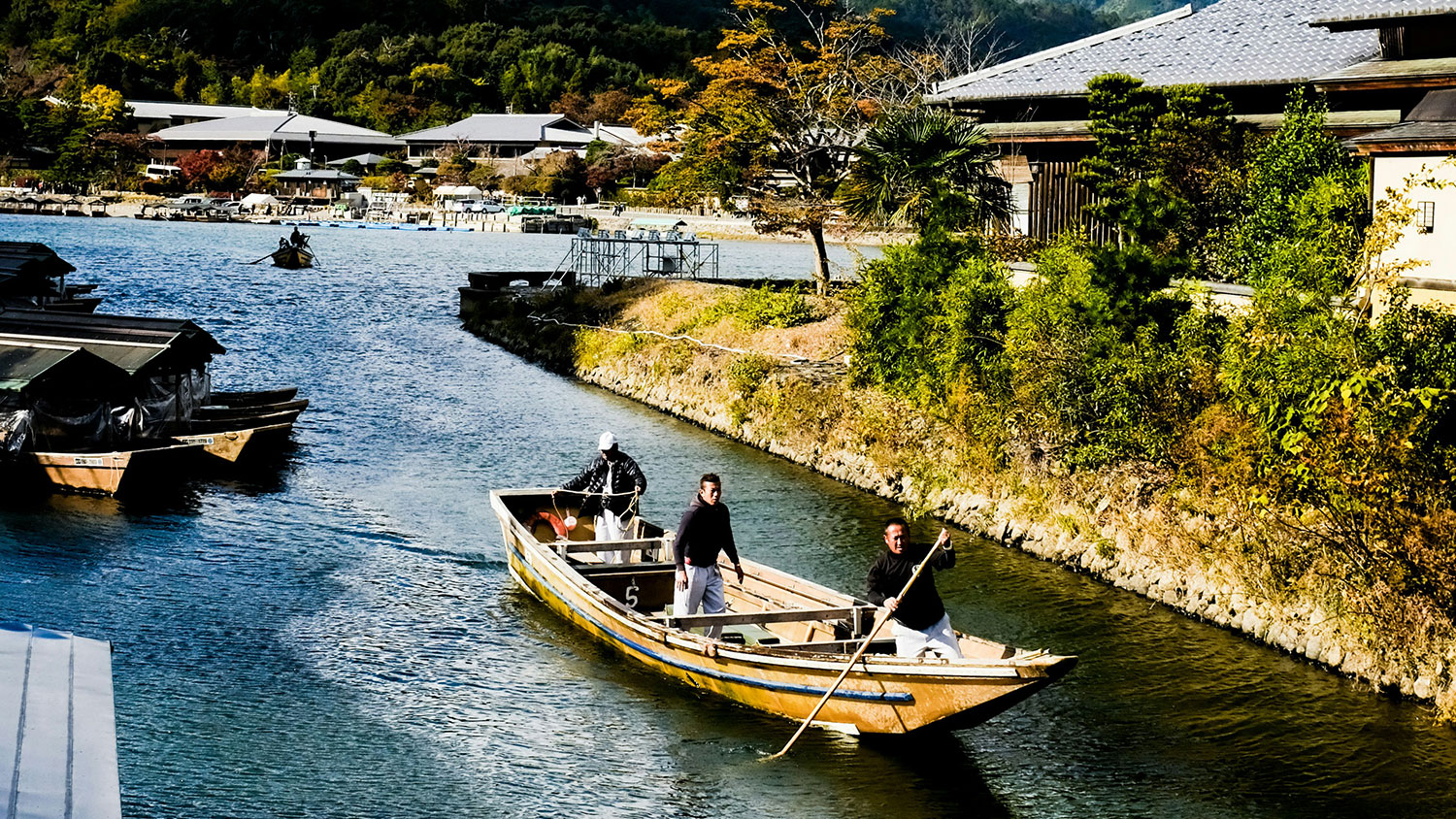
Japan
Japan’s bustling and slightly chaotic city streets are surely a treat for the senses, but the country’s stunning natural beauty that comprises glorious mountains and volcanoes, breathtaking geological spectacles, and rejuvenating hot springs is just as captivating. If anything, the Japanese have truly mastered the art of combining nature and its offerings into a one-of-a-kind experience for guests.
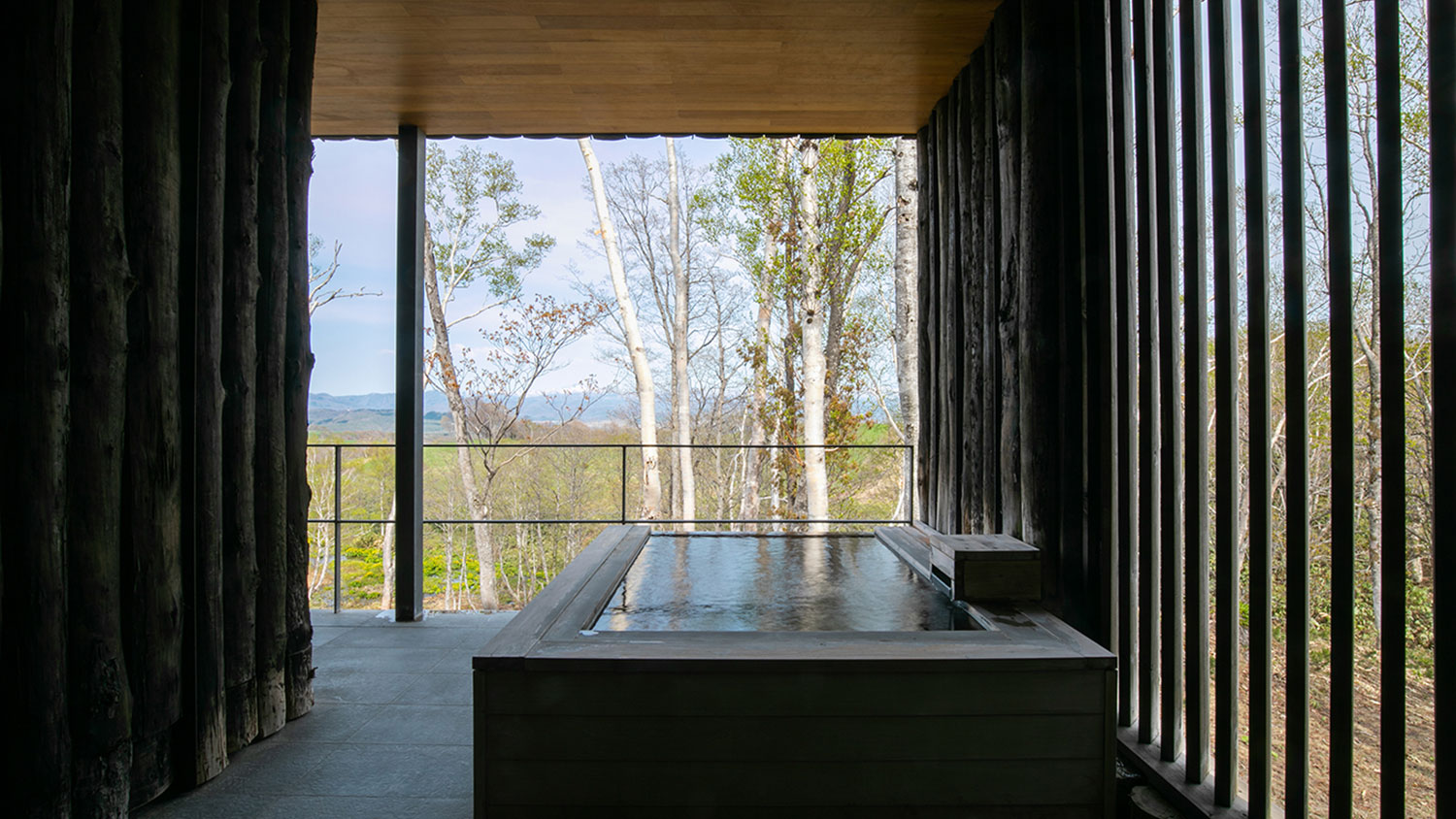
If you are after an authentic farm-to-table experience, eco-luxury hotel Kuki in Hokkaido prides itself for sourcing all of its produce, including eggs, meat, vegetables, and seafood, from within 25km of its property while also prioritising sustainability across its operations. Voted one of the World’s Top 100 Green Destinations in 2020 and 2021, Zaborin in Niseko is another superior choice for a premium eco resort, recognised for having the best natural hot spring water in the entire country.
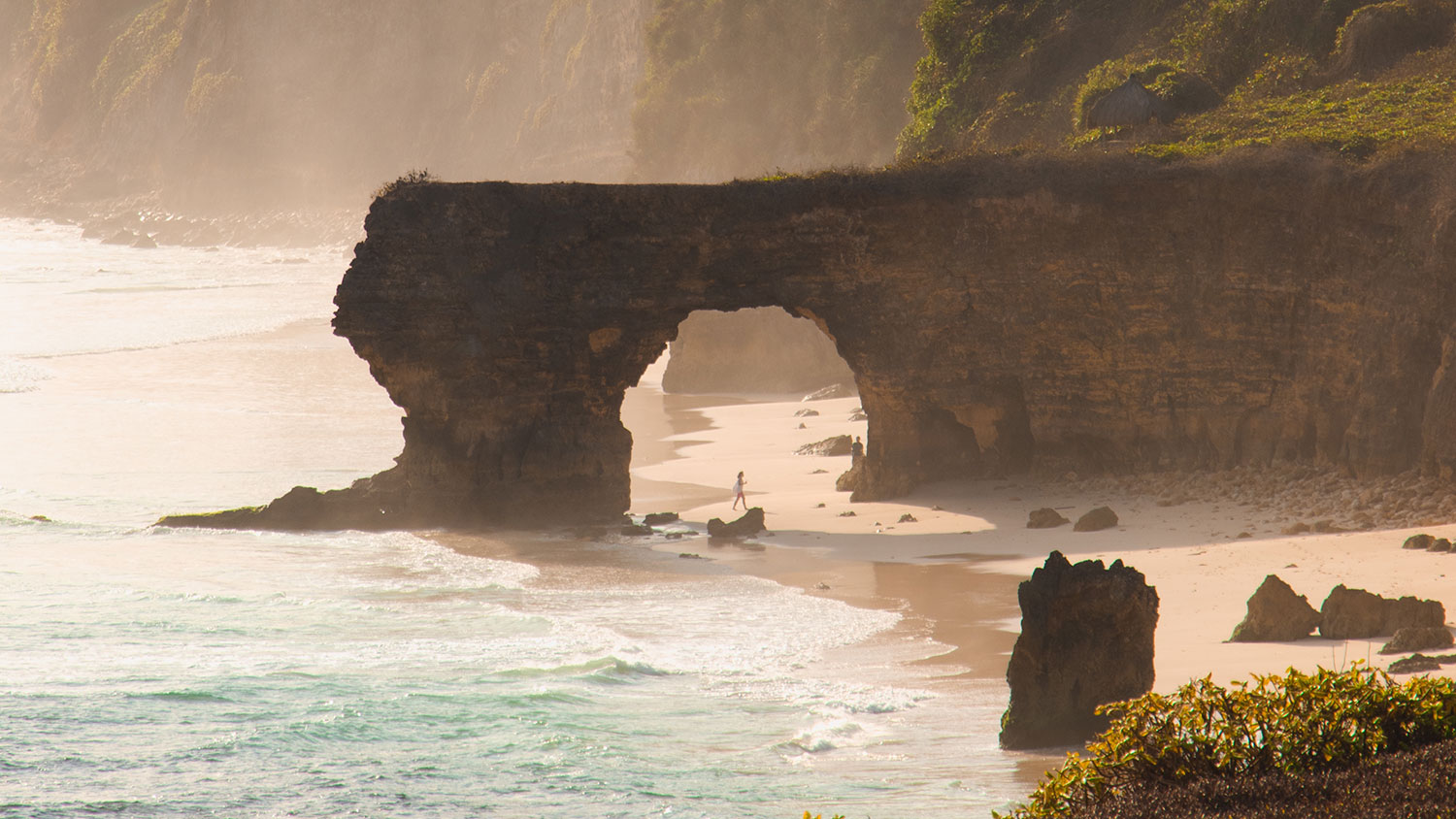
Indonesia
Consisting of over 17,000 islands, it is incredibly hard not to fall in love with Indonesia’s rich cultural heritage, tantalising cuisine, unbelievable natural wonders, and world-class adventures. These are just some of the reasons ecotourism thrives in this archipelago, where luxury travellers alike can embrace its natural appeal in all of its glory without leaving a negative impact on the environment.
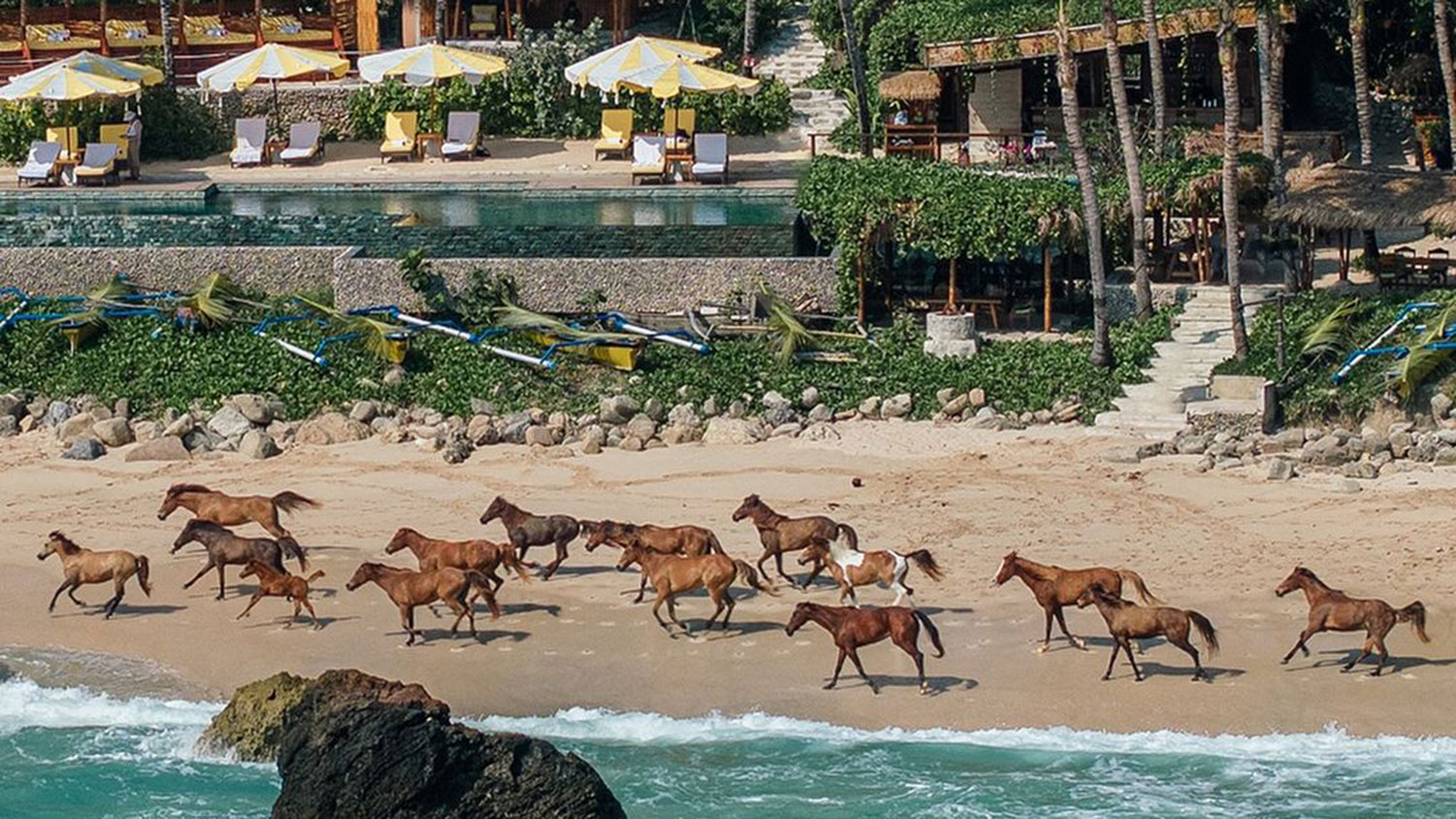
One such example is Nihi Sumba Island Resort which has been commended for its ethical tourism and sustainability practices, offering produce that is only grown on-site or locally sourced, actively improving healthcare, providing access to clean water, and supporting the eradication of malaria. Conversely, there’s the five-star Wakatobi Dive Resort, known as one of the world’s most proactive ecotourism resorts largely thanks to its extensive reef conservation program and use of solar power.
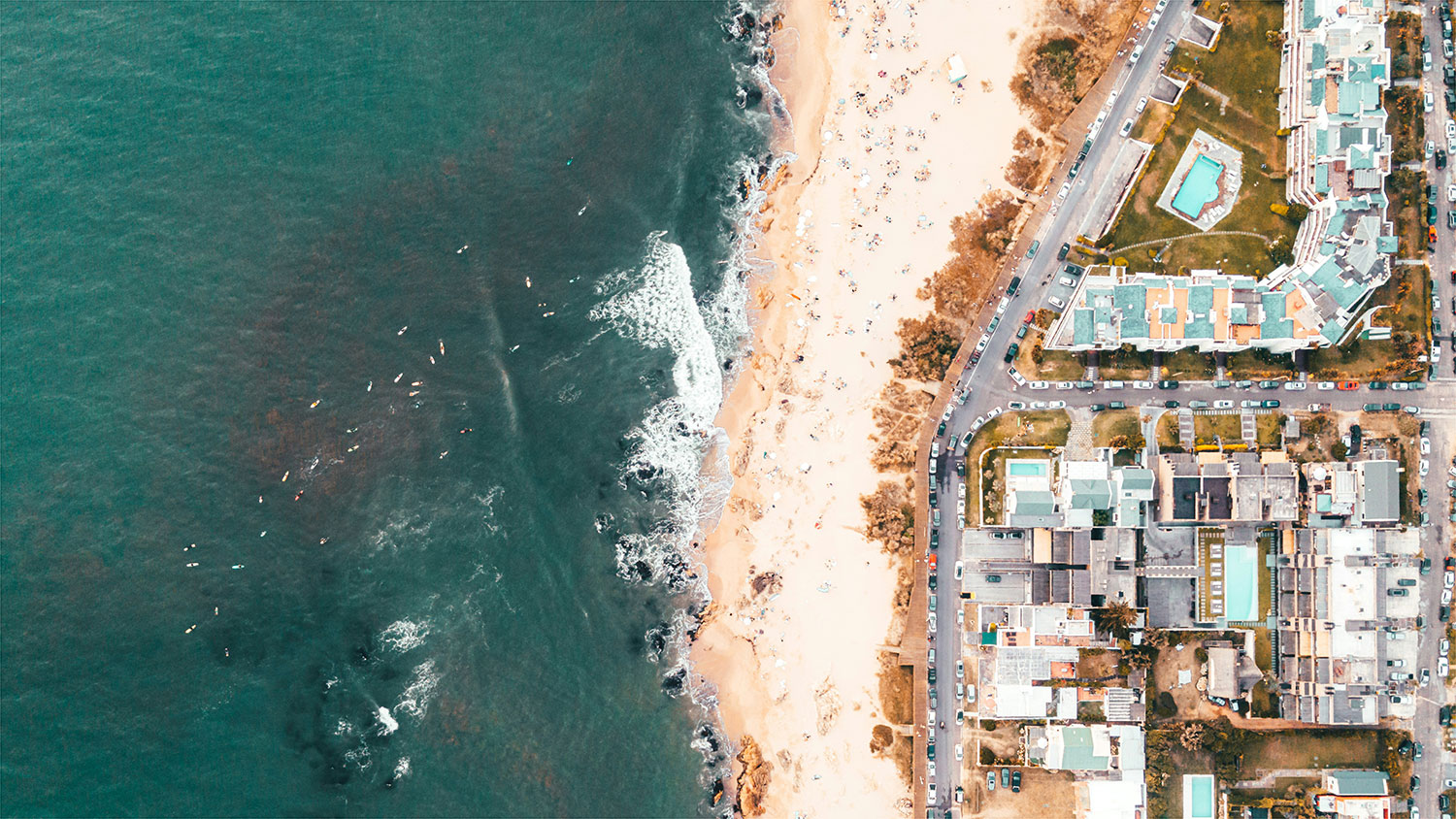
Uruguay
Unbeknownst to most, Uruguay is regarded as the hidden wine gem of South America and has a 150-year history of winemaking, despite being long overshadowed by its neighbours like Argentina and Chile. Today, the wine industry of Uruguay rivals some of the world’s best wines, largely due to its optimal geographical conditions, excellence in sustainability, and a collective vision to tie these efforts together.

The regal Bodega Garzón stands as a beacon of sustainability in the world of winemaking, praised for its focus on biodiversity, use of renewable energy, water management efforts, and the regeneration of its precious locale. Also contributing to Uruguay’s esteem as a world-class wine-producing nation is Sacromonte, a sustainable luxury winery and lodging employing a minimalist approach and nestled on rich soil made up of limestone, sand and shale from 750 million years ago.
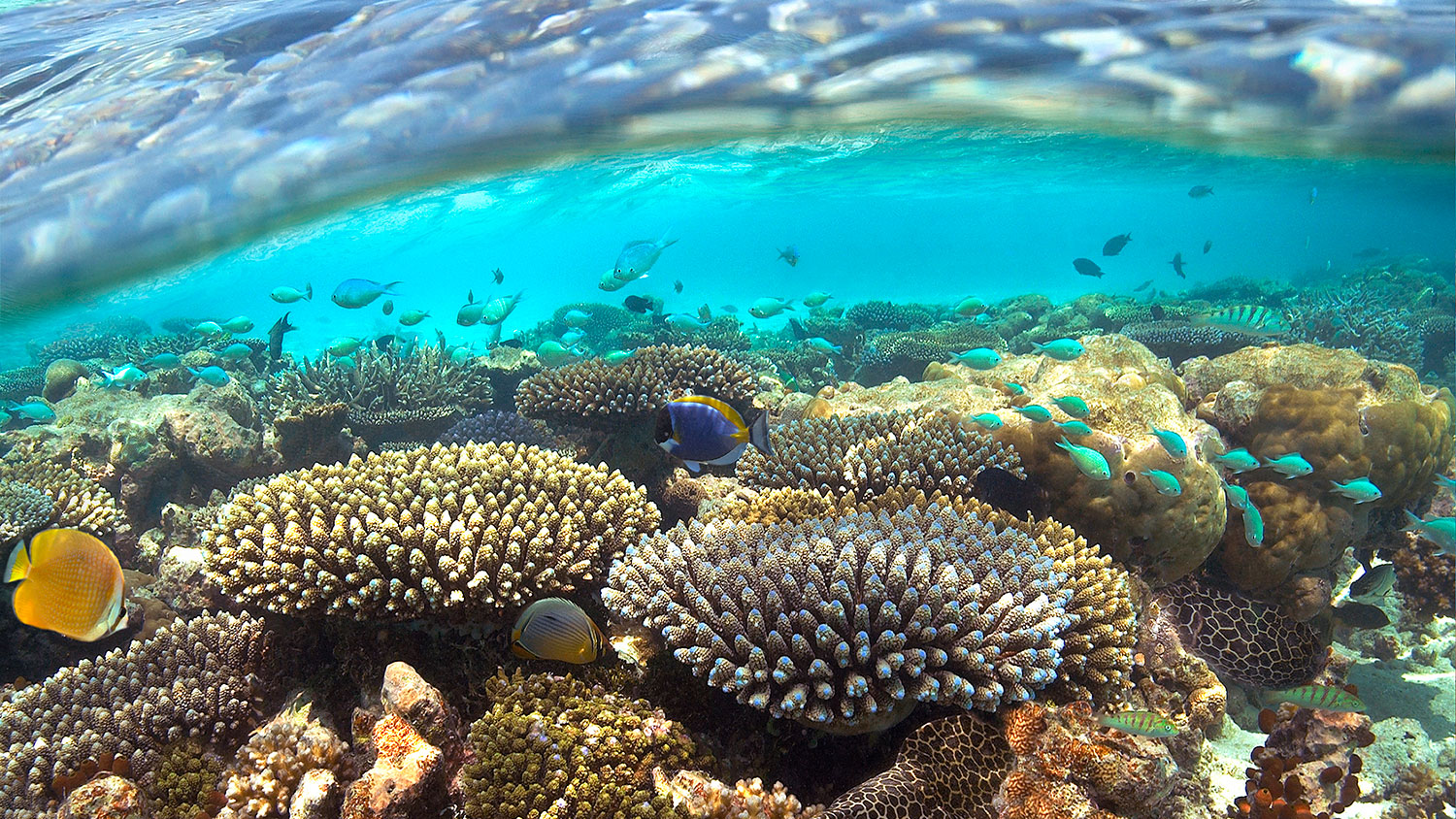
Maldives
This nation of 1,192 islands in the Indian Ocean is an obvious choice for a holiday of a lifetime, thanks to its unrivalled idyllic white sand beaches and glorious aquatic life. Given that most of these islands may be underwater within decades, the majority of the luxury resorts in the country are making a conscious effort to do their part and also inspire more global action to make a change.
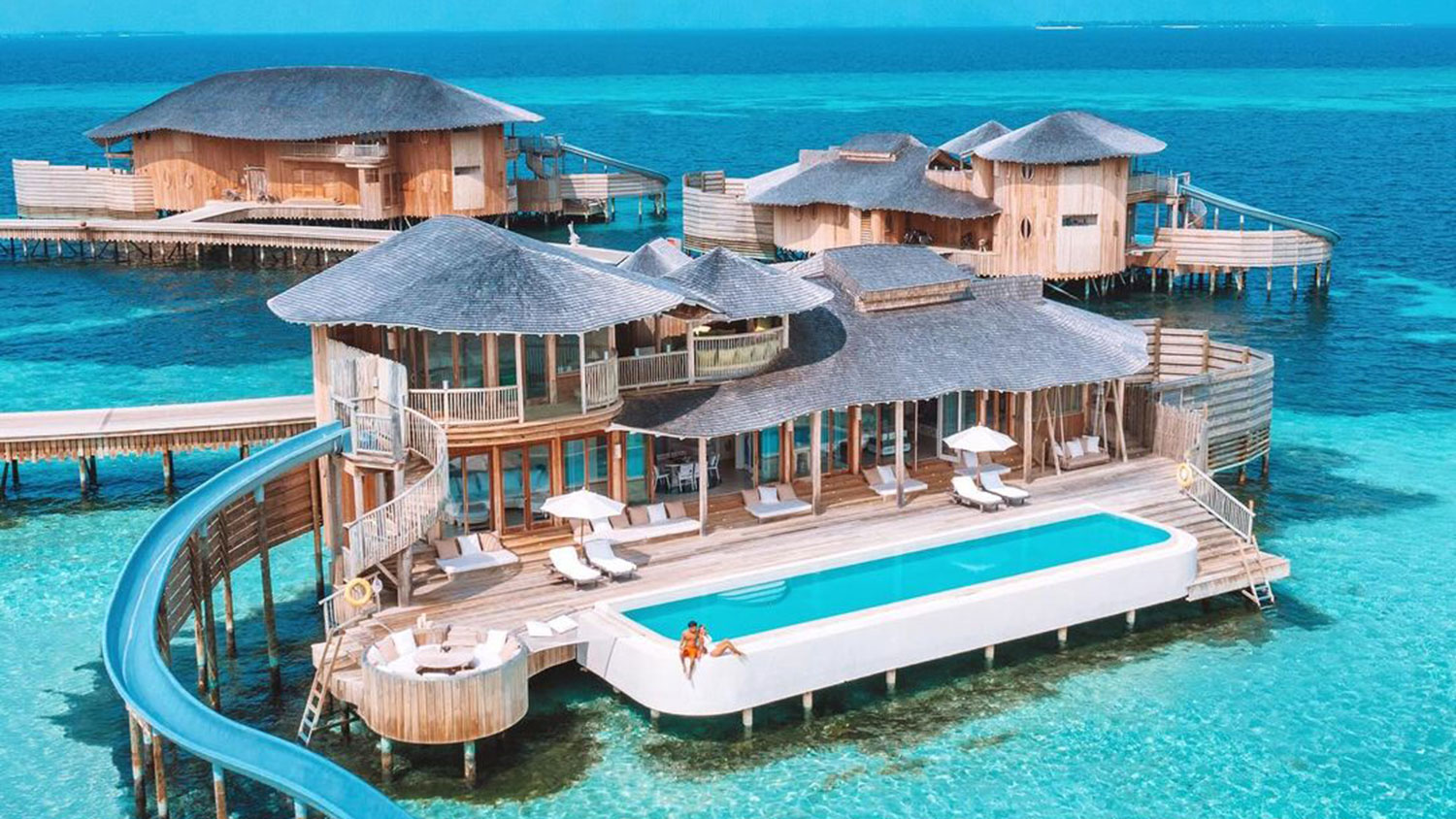
With the Maldives in mind, Soneva Fushi is at the forefront of sustainability efforts. The indulgent resort was initially built with recycled and eco-friendly materials, and today it continues to desalinate water to reduce the use of plastic water bottles and also recycles plastic on-site. Another luxury resort recycling plastic is Gili Lankanfushi, which also runs a coral regeneration program to grow coral fragments.
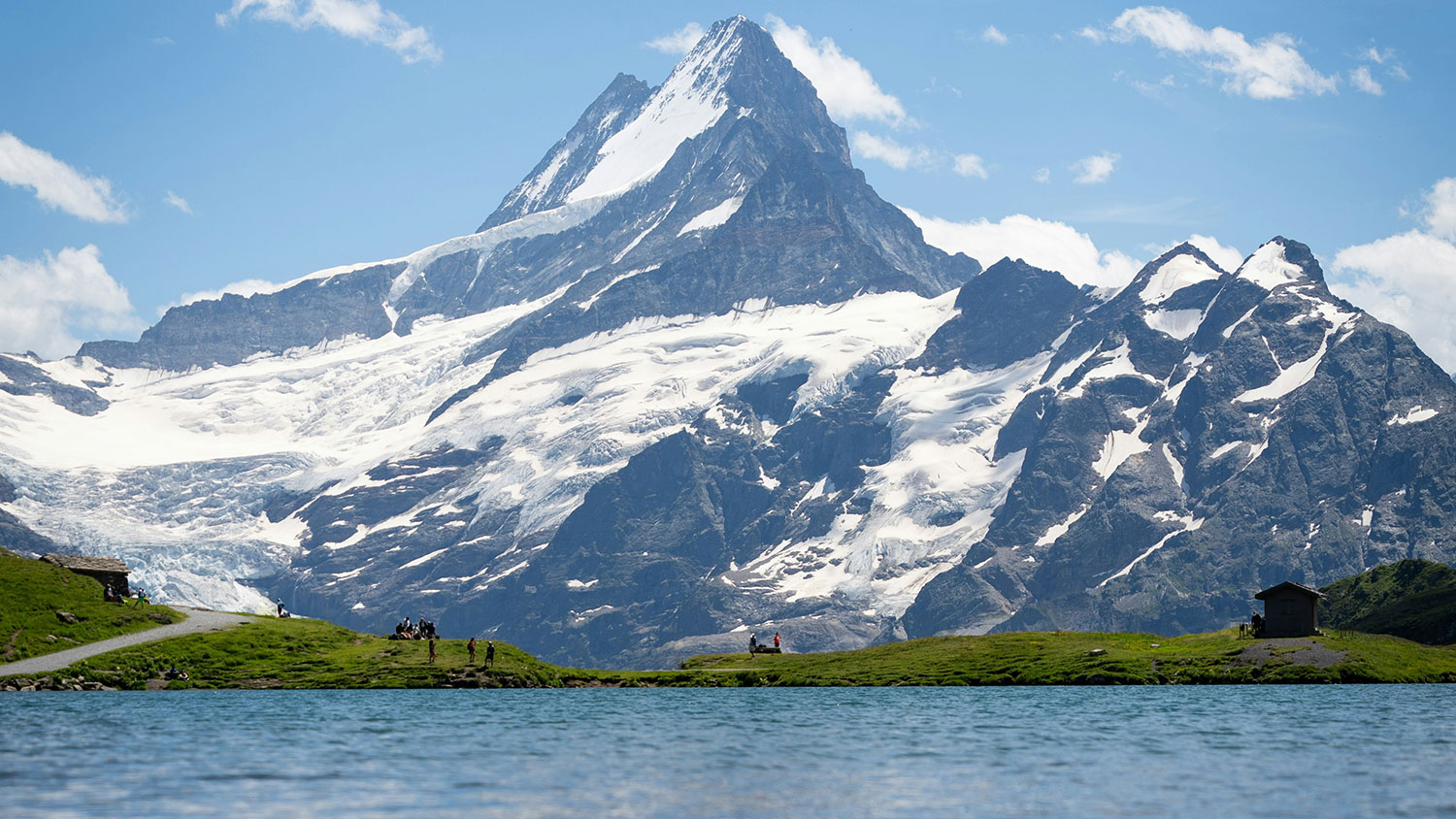
Switzerland
Switzerland is one of the most outstanding European countries, adored for its historic towns, globally acclaimed cities, renowned cheeses and chocolate, and its spectacular Swiss Alps that make up two thirds of the country’s geographical area. A magnet for snowboarders and skiers, these dramatic peaks that go up to 15,000 feet are understandably protected to keep its landscapes as immaculate as possible.
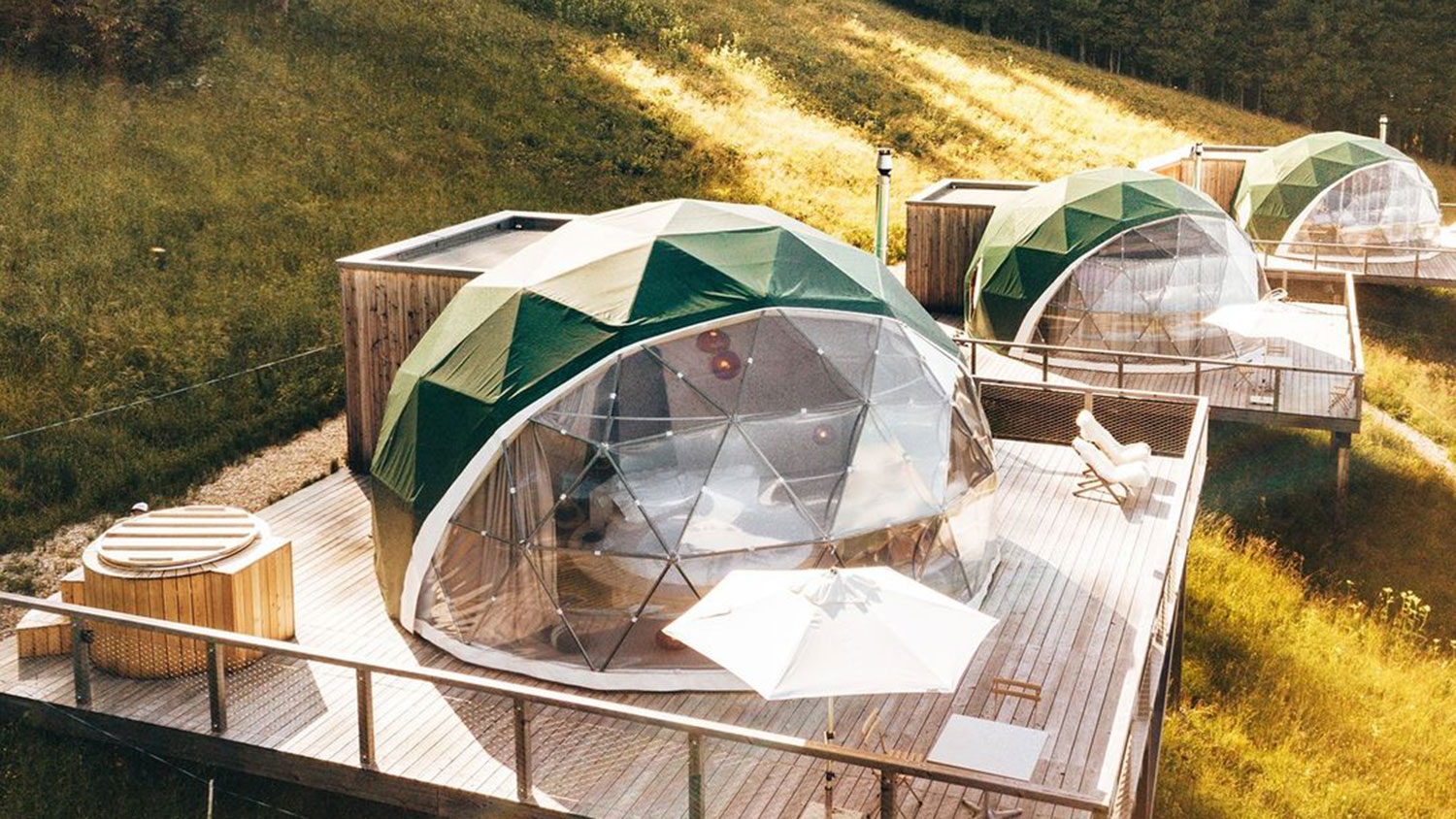
A prime example of luxury ecotourism atop the Alps is Whitepod, which features 18 premium pods and nine suite-chalets that are energy-efficient and have low-impact on the environment, owing to an innovative geodesic structure and pellet stove heating. Created by world-class architects, the prestigious 7132 hotel is yet another exquisitely crafted property that advances energy efficiency, the use of renewable energy, water conservation, local sourcing, and carbon offsetting.
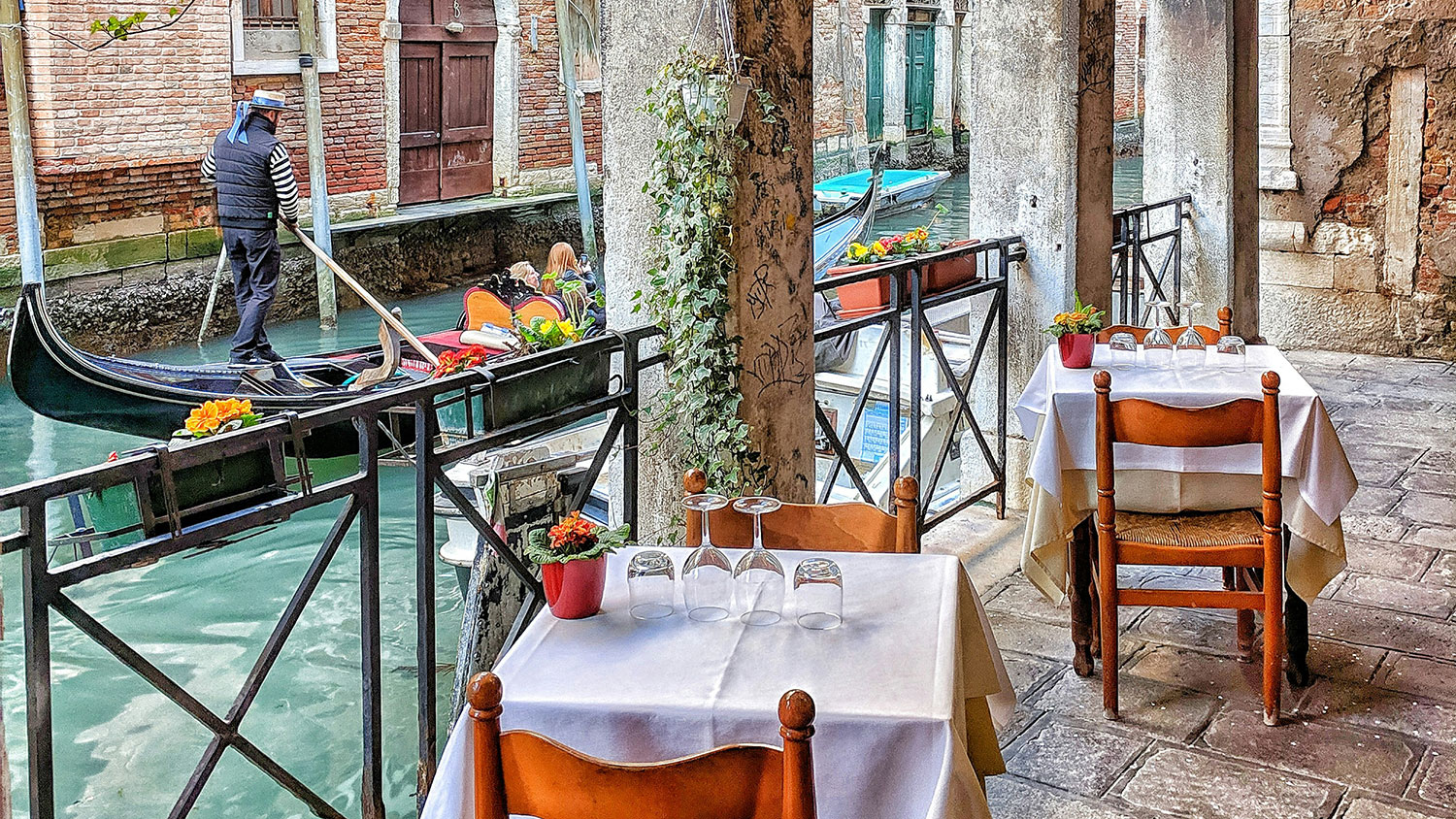
Italy
The luxury yachting industry in many Mediterranean countries like Italy has seen a much needed transformation in regards to sustainability. These updated eco-friendly vessels now incorporate the latest technology enabling the harnessing of renewable power and minimal fuel consumption, enabling high-end adventurers to indulge in lavish experiences on sea while minimising environmental impact.
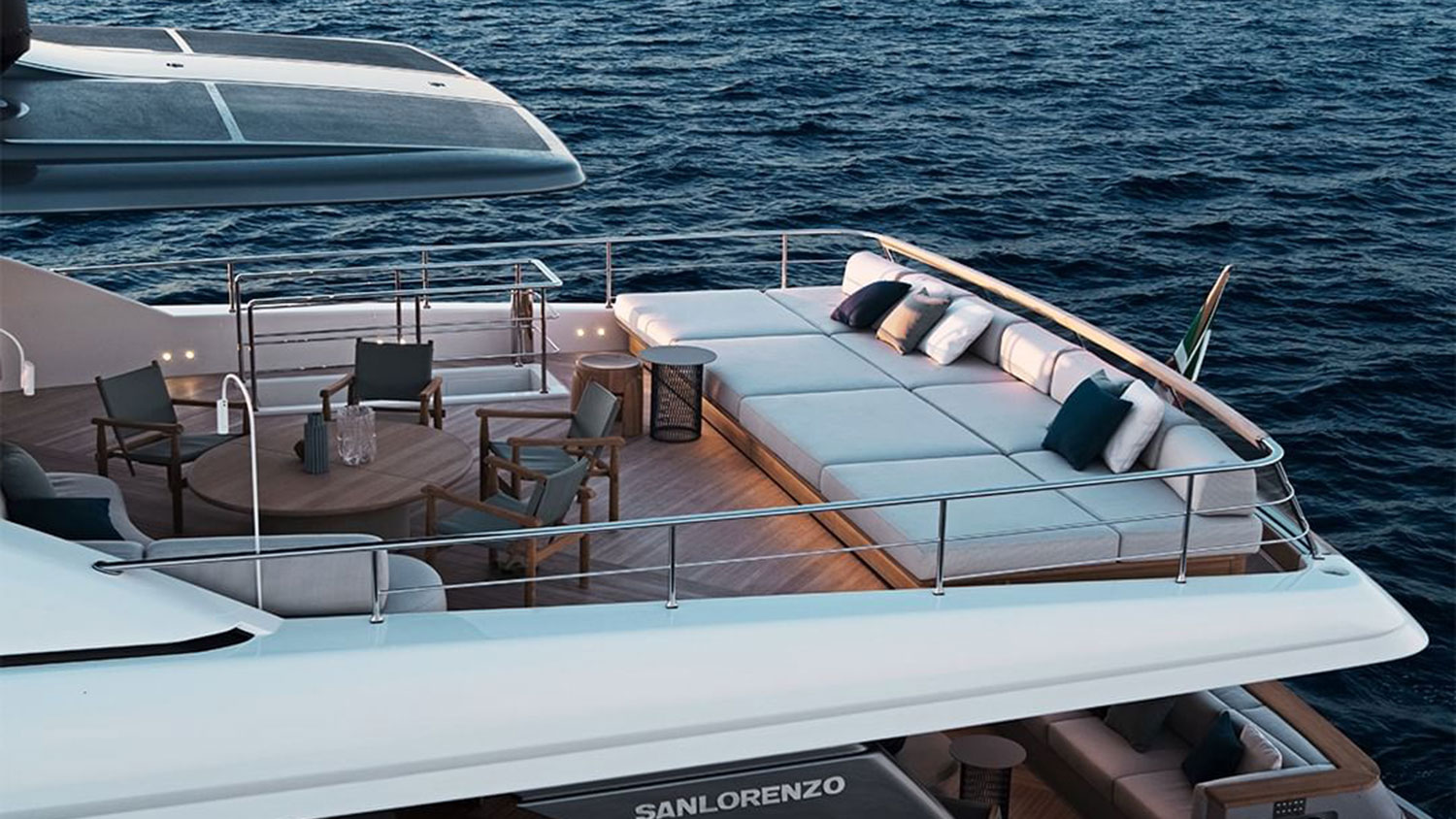
An exemplary case is Sanlorenzo, a leading Italian manufacturer for high-performance luxury yachts, illustrious designs, and world-class onboard amenities, which has been setting new standards in sustainability. Partnering with industry veterans, the superyacht giant has been trailblazing the development of zero-emission yachts while incorporating green technology into its manufacturing processes from end to end, reforming the industry as it stands.


